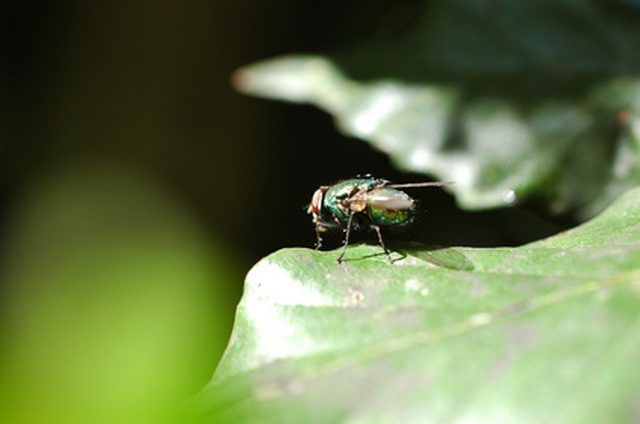Bulbs
Flower Basics
Flower Beds & Specialty Gardens
Flower Garden
Garden Furniture
Garden Gnomes
Garden Seeds
Garden Sheds
Garden Statues
Garden Tools & Supplies
Gardening Basics
Green & Organic
Groundcovers & Vines
Growing Annuals
Growing Basil
Growing Beans
Growing Berries
Growing Blueberries
Growing Cactus
Growing Corn
Growing Cotton
Growing Edibles
Growing Flowers
Growing Garlic
Growing Grapes
Growing Grass
Growing Herbs
Growing Jasmine
Growing Mint
Growing Mushrooms
Orchids
Growing Peanuts
Growing Perennials
Growing Plants
Growing Rosemary
Growing Roses
Growing Strawberries
Growing Sunflowers
Growing Thyme
Growing Tomatoes
Growing Tulips
Growing Vegetables
Herb Basics
Herb Garden
Indoor Growing
Landscaping Basics
Landscaping Patios
Landscaping Plants
Landscaping Shrubs
Landscaping Trees
Landscaping Walks & Pathways
Lawn Basics
Lawn Maintenance
Lawn Mowers
Lawn Ornaments
Lawn Planting
Lawn Tools
Outdoor Growing
Overall Landscape Planning
Pests, Weeds & Problems
Plant Basics
Rock Garden
Rose Garden
Shrubs
Soil
Specialty Gardens
Trees
Vegetable Garden
Yard Maintenance
How to Reduce Flies in Compost Bin
How to Reduce Flies in Compost Bin. Your own compost bin allows you to have fresh, free fertilizer for your garden and reduces the amount of garbage you create. Unfortunately, the compost bin---indoors or out---can attract many different types of flies. The most common is the fruit fly, which lays its eggs in your fruit and vegetable scraps and can...

Your own compost bin allows you to have fresh, free fertilizer for your garden and reduces the amount of garbage you create. Unfortunately, the compost bin---indoors or out---can attract many different types of flies. The most common is the fruit fly, which lays its eggs in your fruit and vegetable scraps and can quickly infest your bin. Common household flies also are attracted to some types of compost bins. With a bit of effort, you can reduce or eliminate flies in your compost bin.
Take the lid off of your compost bin, serving two purposes. First, it allows the flies to escape. Some don't necessarily want to stay in the bin, but they can't get out. It also can help dry your compost a bit, as compost that is too moist attracts flies.
Lure flies away from your bin. Place a banana peel in a jar and cover it with plastic wrap, cutting a small slit in the wrap. Fruit flies will be attracted to the banana peel and will enter the jar, but will be unable to get out.
Keep your fruit and vegetable scraps in an air-tight container. Most people keep scraps in a container in the kitchen until they are able to bring them outside to the compost pile. If it is left open, flies can enter and lay eggs in the material, which will be transferred to your compost bin.
Cover kitchen scraps thoroughly. Flies will be attracted to your compost bin if they can small the kitchen scraps. When you add them to your pile, cover it with other organic matter, such as leaves or lawn clippings.
Add more high carbon materials. The Massachusetts Department of Environmental Protection states that the presence of fruit flies means that there is not enough high-carbon materials in your compost. Add brown leaves, shredded paper or cardboard to eliminate the problem.
Tips & Warnings
Never add meat to your compost bin. Meat does not compost and the rotting smell will attract flies.